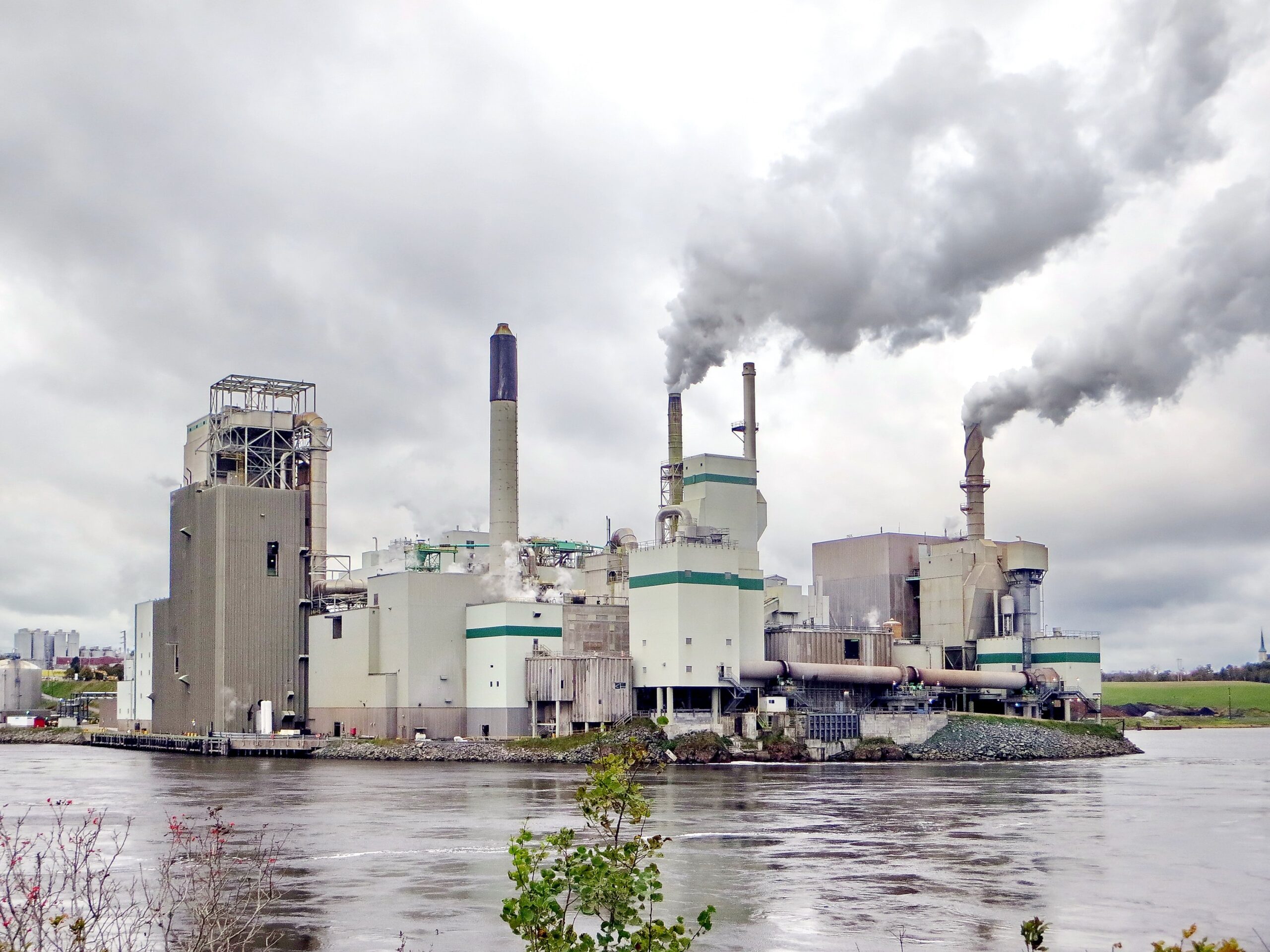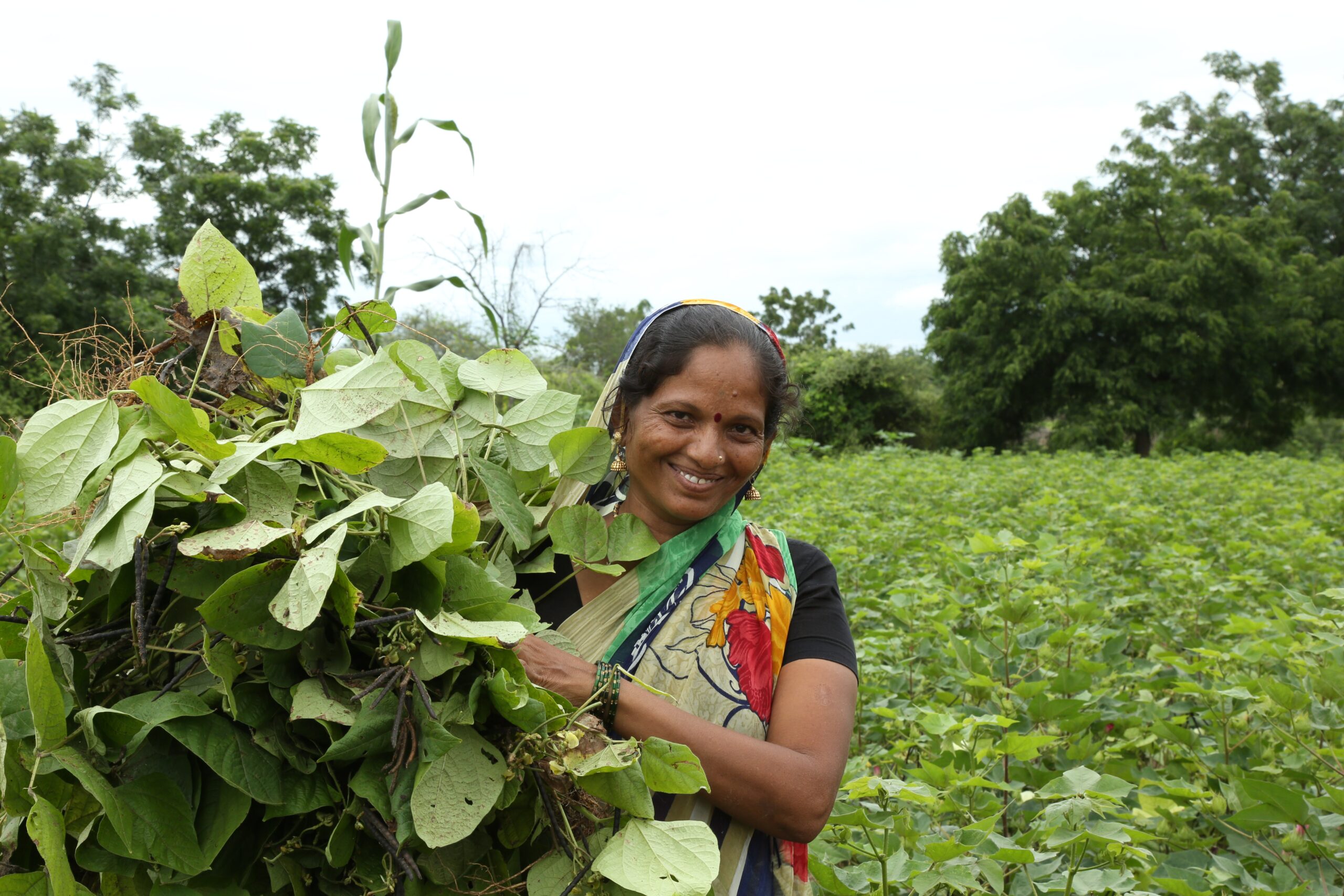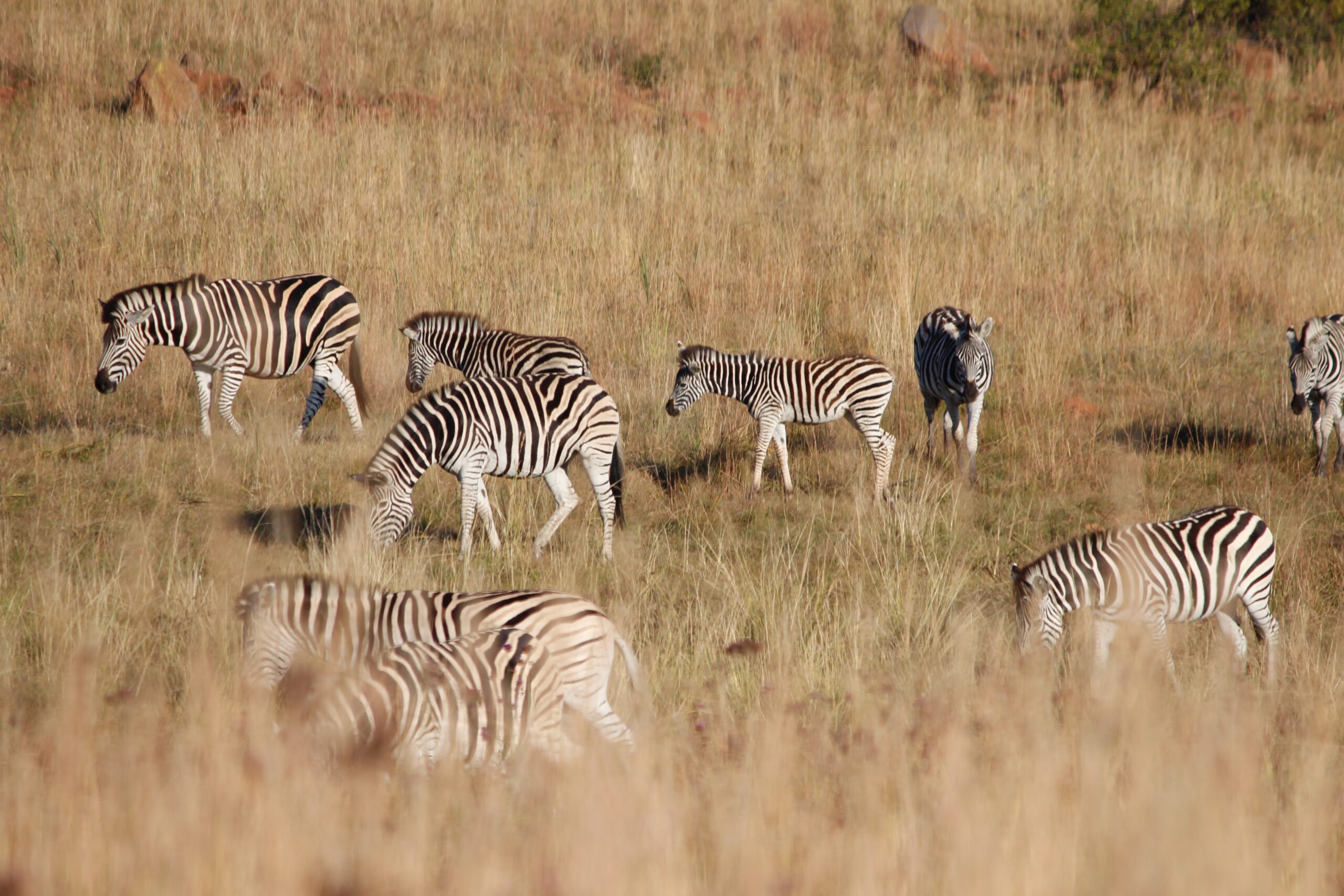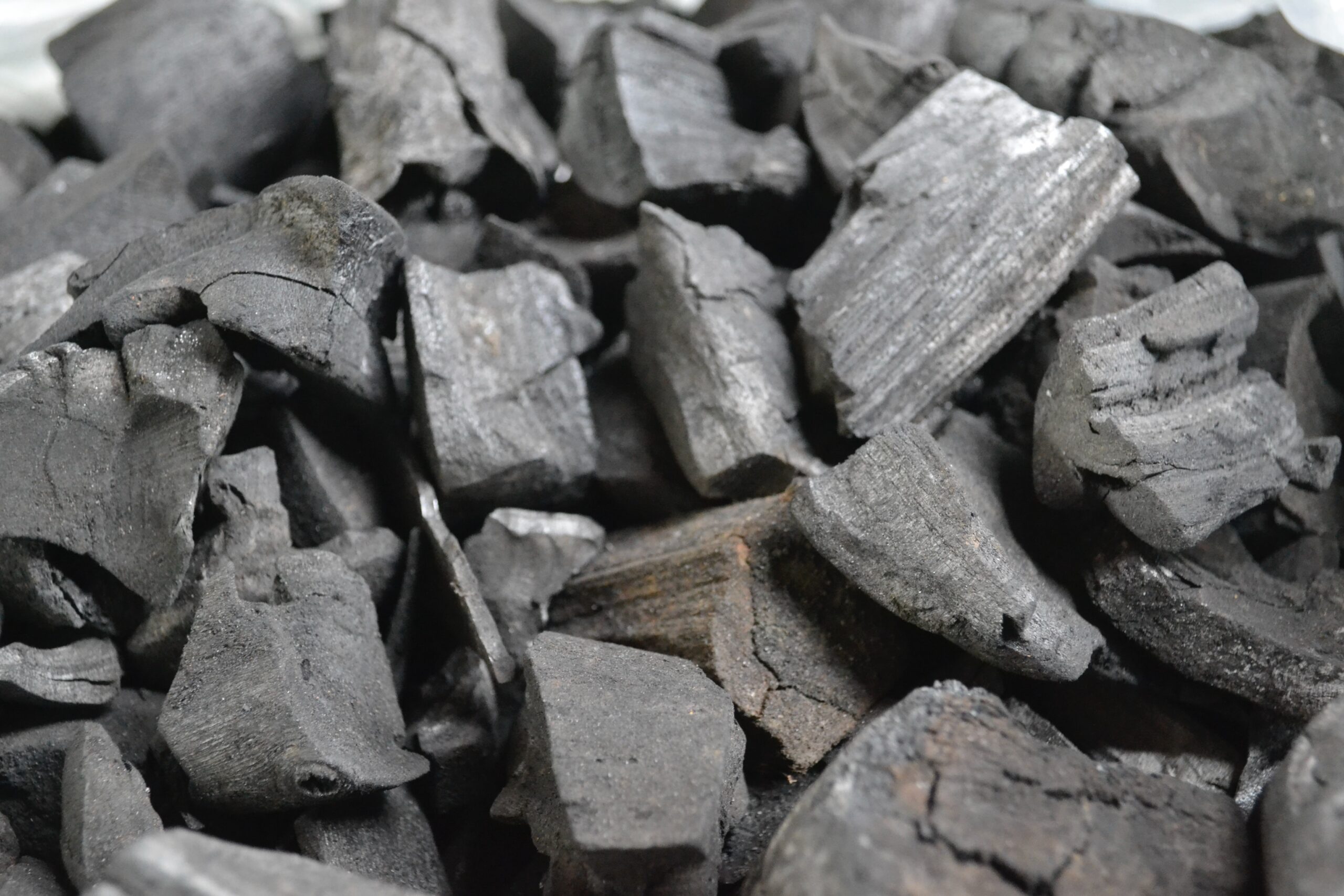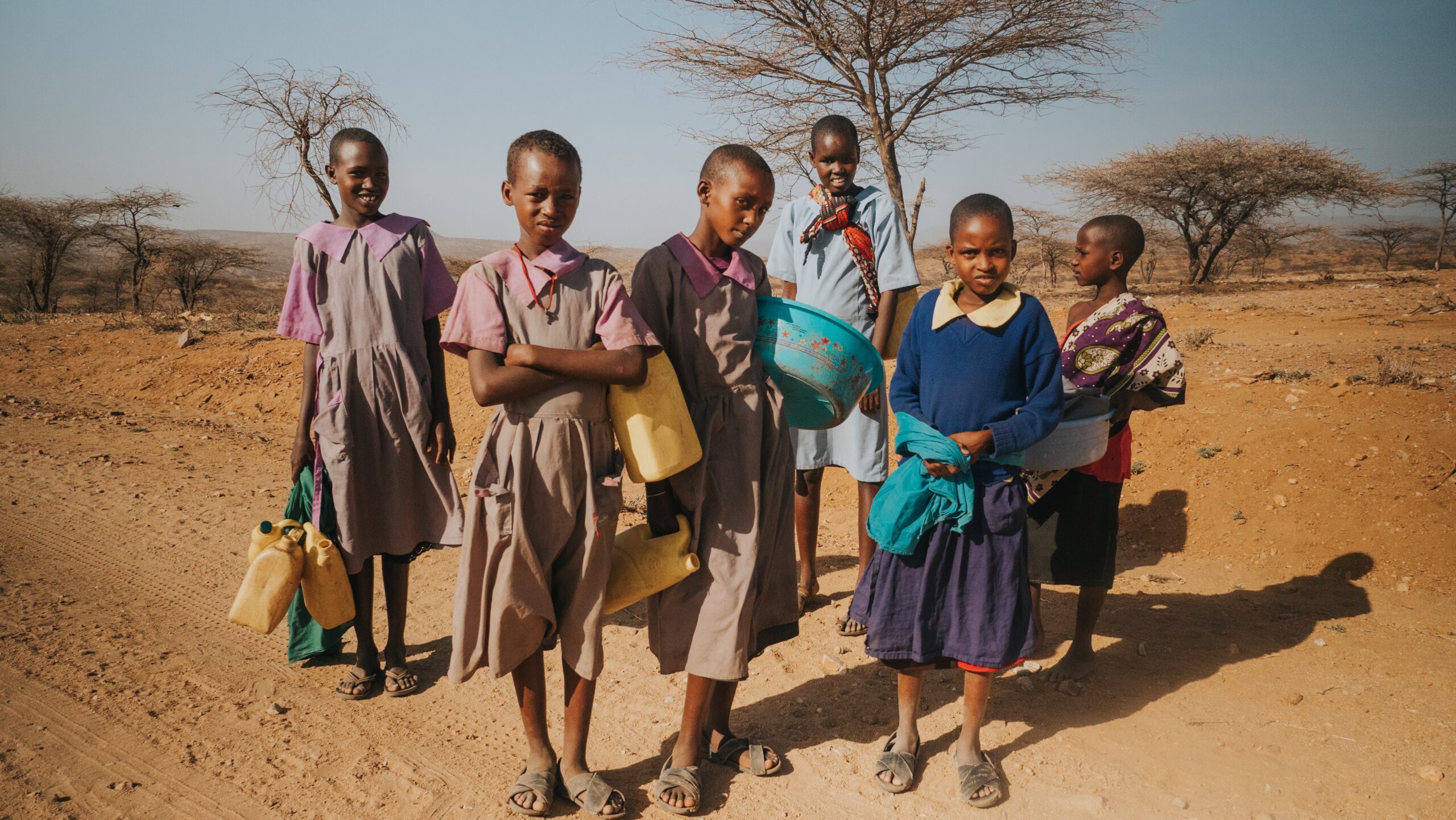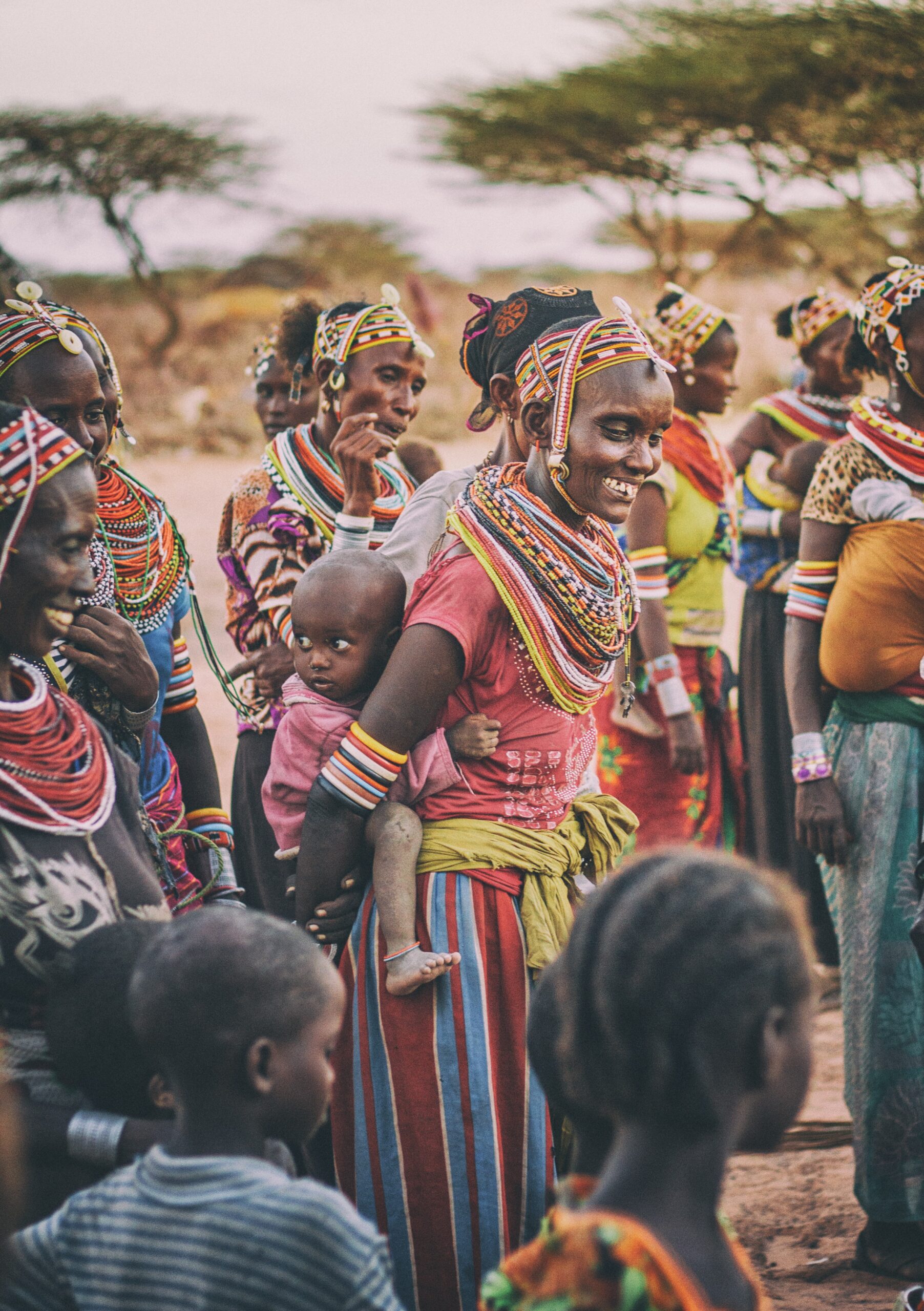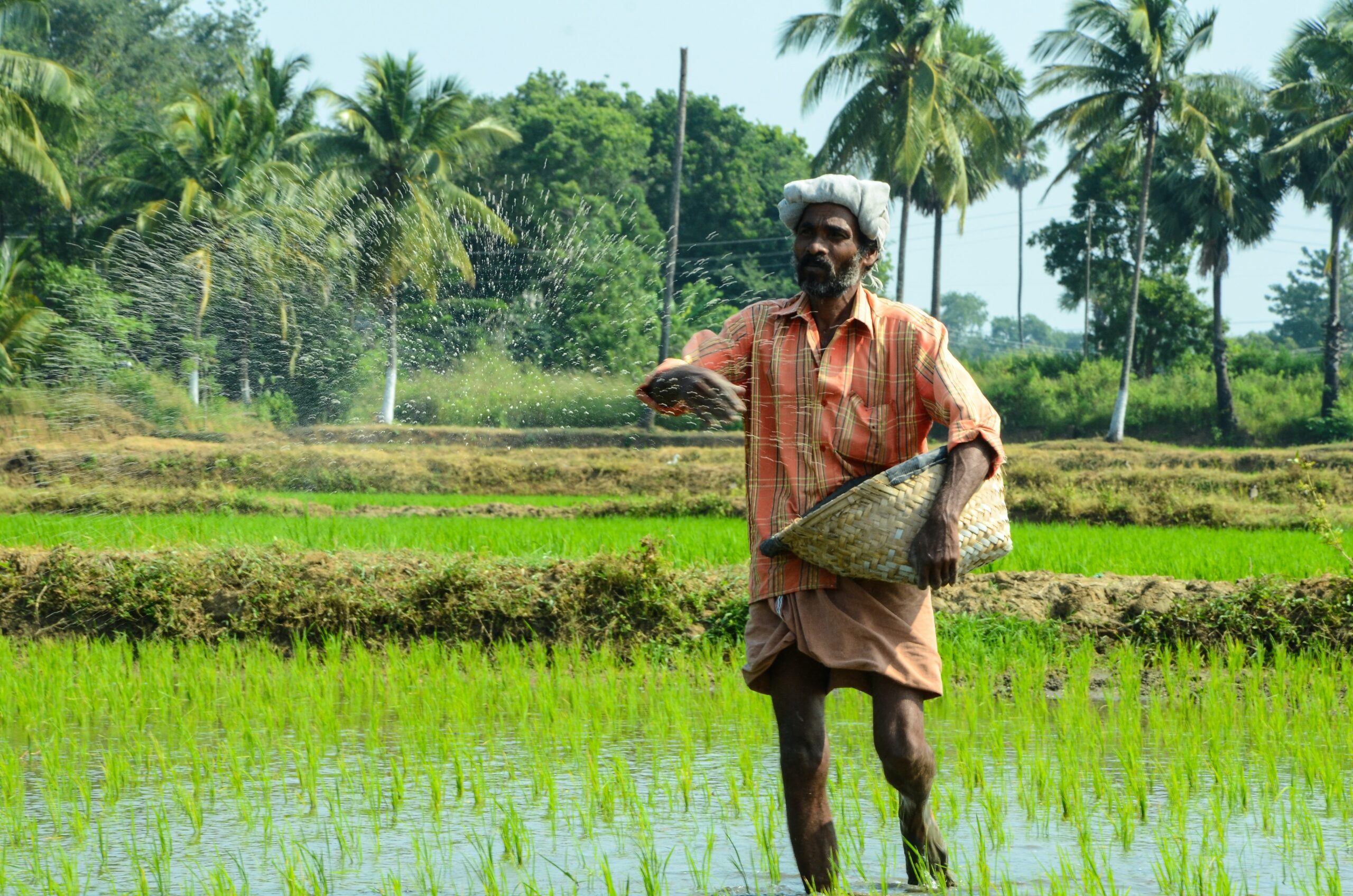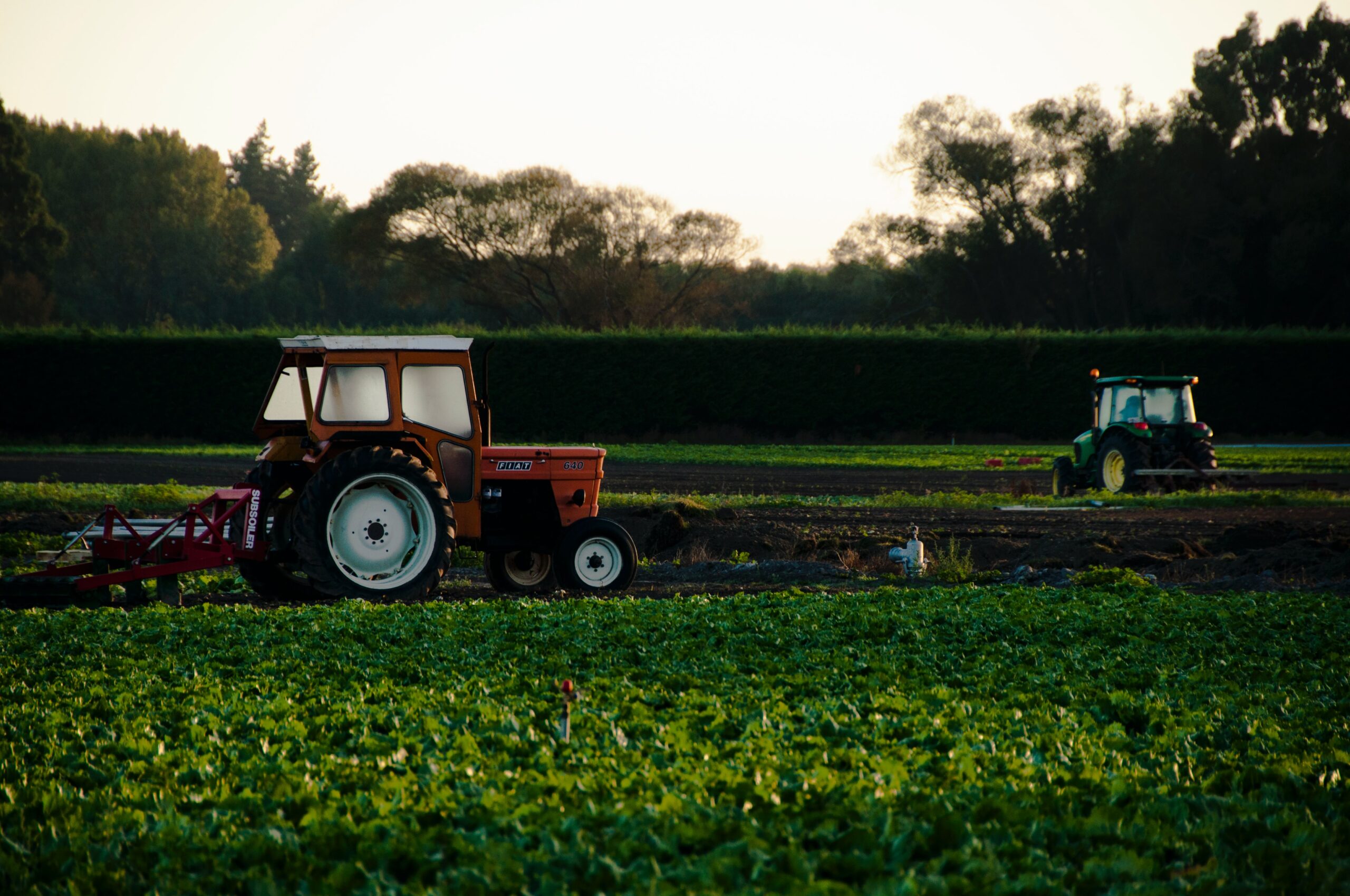Indigenous people are often considered victims of climate change impact rather than agents of adaptation. Emerging studies in Africa have shifted the attention to indigenous knowledge (IK) to support the development of effective climate change adaptation strategies. This study adopted a systematic literature review methodology to analyse the following: (i) characterization of IK, (ii) potential of IK for knowledge co-production, (iii) IK for climate change causes and impact identification, (iv) IK for formulating and implementing climate change interventions, and (v) documentation and conservation of IK as a resource for climate change adaptation. Results show that there is no consensus on the definition of IK. However, certain identical elements in the available definitions are relevant for contextualization. IK has been useful in the formulation of different climate change adaptation strategies: management practices, early warning, and risk and disaster management. IK has the potential for knowledge co-production relevant for developing robust adaptation measures. Weather and climate services remain a critical area where IK and scientific knowledge (SK) are integrated to enhance forecast reliability and acceptability for local communities. IK is disappearing because of modernization and rural-urban migration, changing landscape and shifting religious beliefs. We suggest the need for more research into the complexity of the IK, proper documentation and storage of IK, and developing effective approaches to integrate IK with SK such that it is well received among researchers and policymakers. While doing this, it is important to maintain the unique features that distinguish IK from other forms of knowledge.













































































































































































































































































































































































































































































































































































































































































































































































































































































































































































































